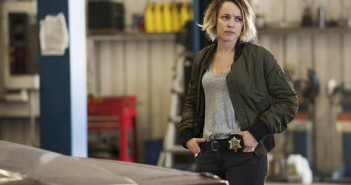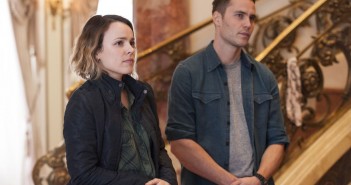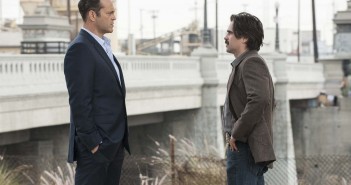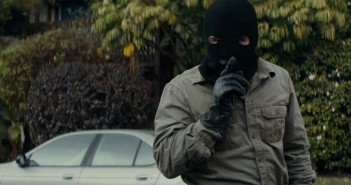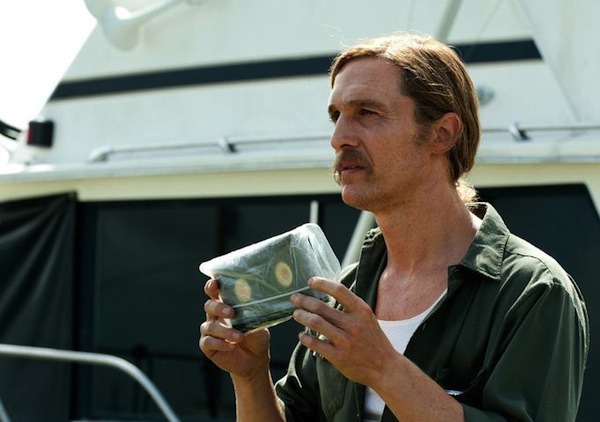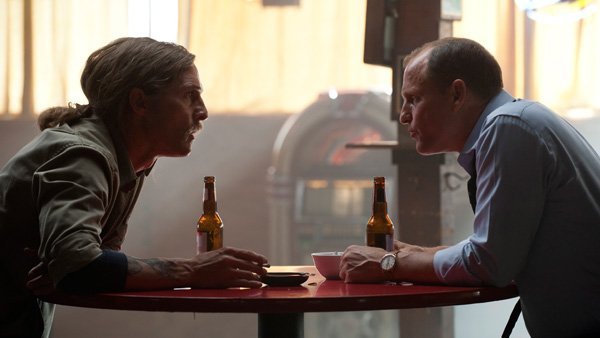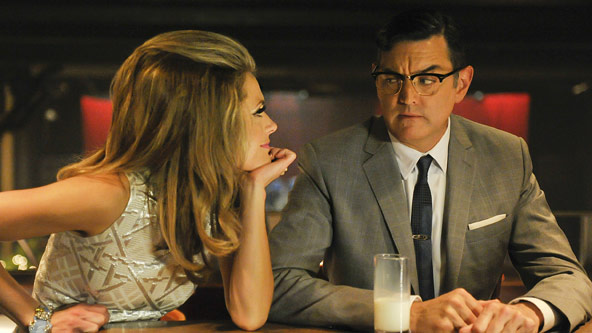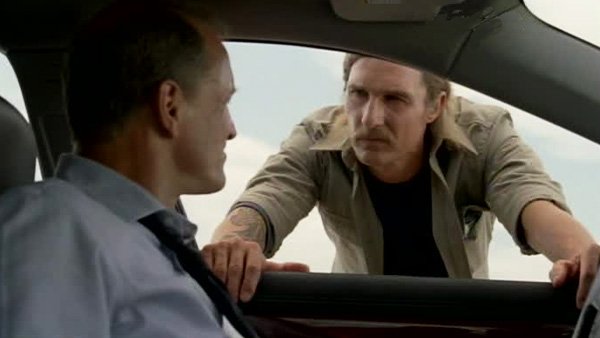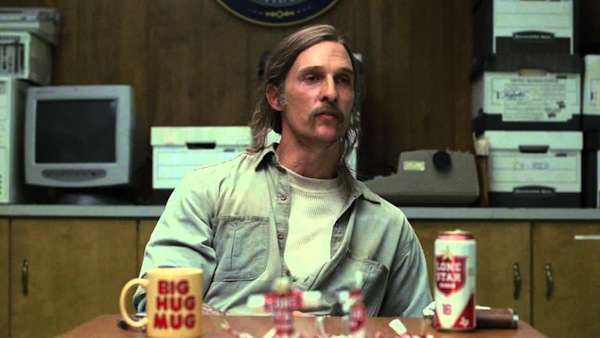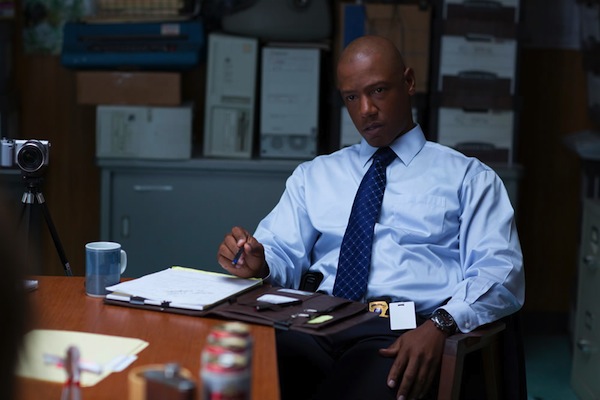Let’s talk about endings. There is a tendency, I think, in our evaluation of all art, to over-value its conclusion. This is especially the case in long-form storytelling like television, where that ending is often years in the making. A show like The Sopranos is lauded as a high-water mark for the medium, and yet by far the most discussed aspect of the series is its ambiguous final scene. The critical reputation of Breaking Bad has yet to settle, but when it does, I would not be surprised to find it is somewhat lessened by an underwhelming finale (if the show had ended with “Ozymandias,” the exact opposite might be the case). There is an argument to be made that endings should be less emphasized, seen as no more essential than any other aspect of the series. In fact, the more stories you hear in your life, the more art you consume, the more likely you are to anticipate and ending or to develop expectations that will not or cannot be met.
